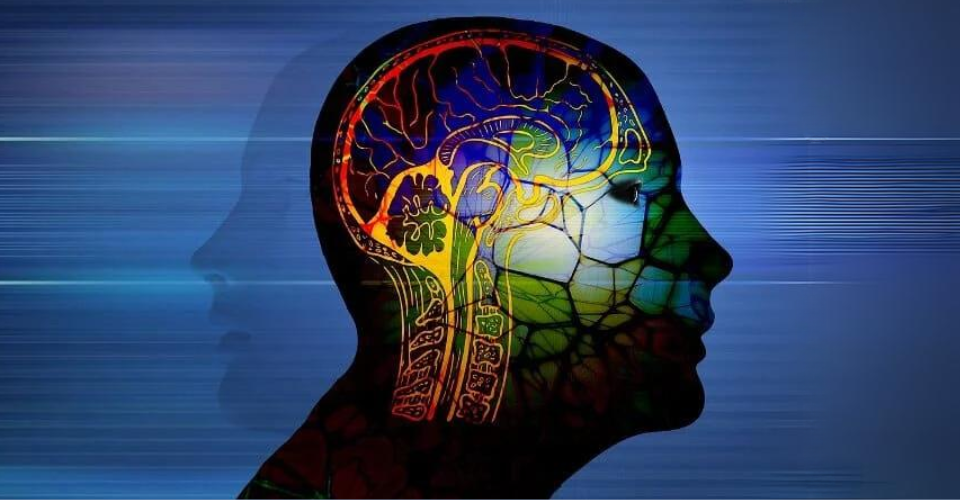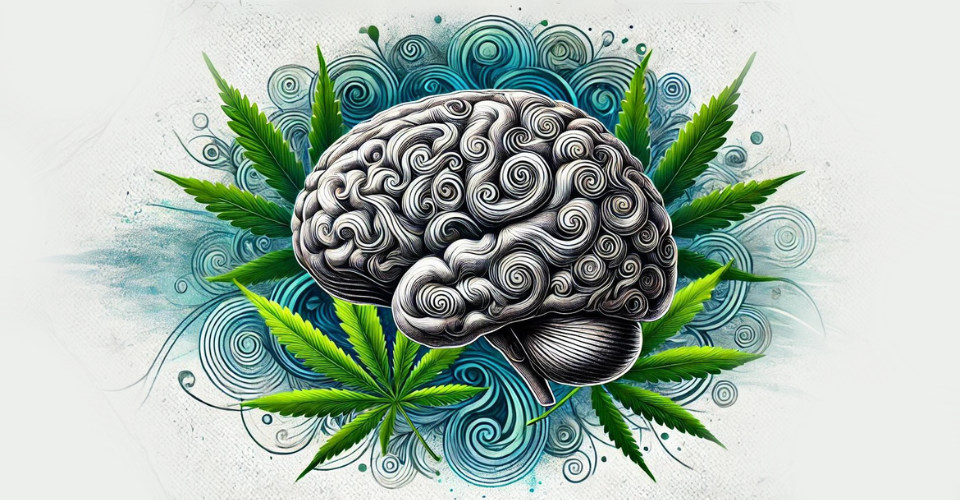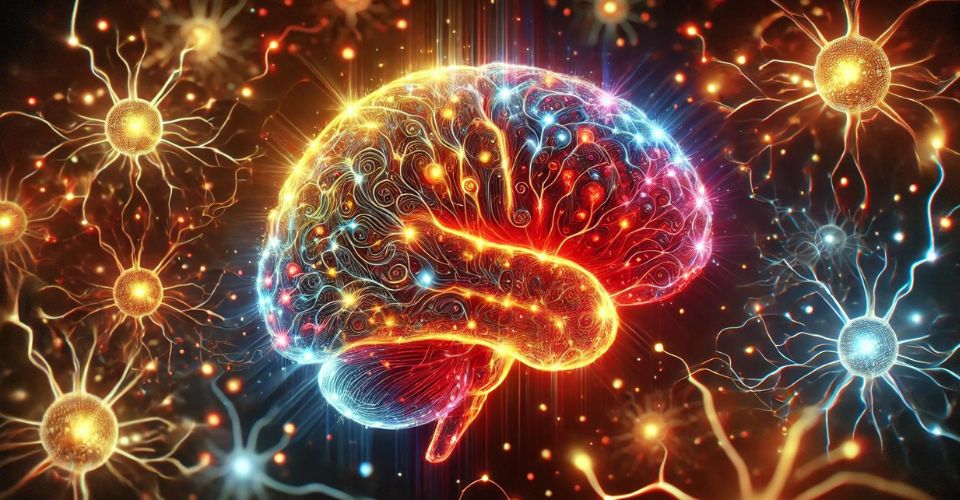Stress is a prevalent and complex issue that not only affects individuals directly experiencing it but can also have a significant impact on those around them. A recent study conducted by Dr. Toni-Lee Sterley and her team has uncovered how the brain responds to contact with stressed individuals and why this phenomenon occurs.
Their findings shed light on why family members or loved ones of individuals with post-traumatic stress disorder (PTSD) may exhibit similar symptoms to those directly experiencing stress.
Dr. Sterley’s research is groundbreaking, as it reveals that contact with stressed individuals can influence the brain in a way similar to direct exposure to stress.
The study specifically focused on the impact of stress on the neurons that regulate the brain’s response to stress, providing critical insights into the neurological mechanisms at play.
The study involved pairs of male and female mice, with one of each pair exposed to mild stress before being reunited with their partner. The results were astonishing and significant. Both the stressed mouse and the one that had not directly experienced stress exhibited similar changes in crucial brain networks.
These findings have the potential to revolutionize our understanding of how stress can be transferred from one individual to another and why it occurs.
The ramifications of this research are vast. The study illuminates the intricate interplay between stress and the brain, helping us comprehend why individuals who are not directly exposed to traumatic events may still develop symptoms akin to those who have experienced stress firsthand.
This is especially pertinent in the context of post-traumatic stress disorder, where understanding the potential for the transmission of stress-related changes in the brain could open up new avenues for treatment and support for affected individuals and their loved ones.
Dr. Sterley’s research is vital in addressing the broader mental health landscape, where stress-related disorders are a prevalent and pressing concern. By delving into the neurological underpinnings of how stress can be transmitted between individuals, we gain a deeper understanding of the far-reaching effects of stress on our mental well-being.
This groundbreaking study challenges the conventional wisdom that stress is an individualized experience, showing that its impact extends beyond the affected person and can shape the mental state of those who share their lives.
It emphasizes the interconnectedness of mental health and the need to consider both direct and indirect exposure to stress when designing effective interventions and support systems.
Research On the Effects of Contact With Stressed Individuals on the Brain
Dr. Sterley’s research is an essential step forward in the field of stress-related disorders, offering hope for improved understanding and potential breakthroughs in the treatment and management of these conditions.
By recognizing the neurological changes that occur in response to indirect stress exposure, we may be better equipped to develop strategies to support those affected and provide them with the care they need.
While this research offers promising insights into the complex relationship between stress and the brain, there is still much to explore. Further studies are needed to deepen our understanding of the precise mechanisms behind the transmission of stress-related changes in the brain and how these findings can be translated into practical interventions and treatments for individuals dealing with stress-related disorders.
In the realm of mental health, every breakthrough in understanding is a step closer to providing better support, treatment, and hope for those affected by stress and its associated disorders.
Dr. Sterley’s research has the potential to pave the way for a new era of mental health care, where a more comprehensive and nuanced approach can address the intricate web of factors that contribute to the development and persistence of stress-related conditions.
In conclusion, the study conducted by Dr. Toni-Lee Sterley and her team is a remarkable leap forward in our comprehension of how stress affects the brain. The research highlights the profound impact of stress on the neurological mechanisms that govern our responses to stress and shows that this influence is not limited to those directly experiencing stress.
It has far-reaching implications for our understanding of stress-related disorders, offering fresh perspectives and possibilities for better-supporting individuals who grapple with the effects of stress, whether directly or indirectly.
Dr. Sterley’s work promises to open new avenues for research and intervention, offering hope to those affected by the burdens of stress and its consequences on mental health.




























